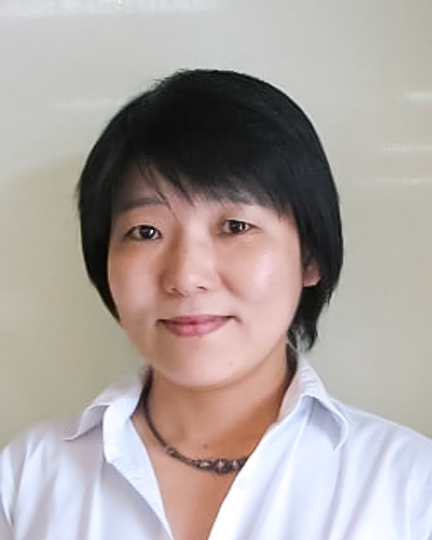Participatory Action Research towards Social Integration of Migrants and Refugees: Centering on Education and Welfare

-
- Principal Investigator
Professor / Reiko OGAWA
- Affiliation
Graduate School of Social Sciences, Chiba Univercity
Researchmap
- Principal Investigator
In recent years, Japan has become increasingly dependent on foreign workers due to labor shortages. However, there are many challenges regarding the education of children with foreign roots and the welfare of their families. Despite being home to the sixth largest number of foreign residents in Japan, Chiba Prefecture has only just begun to make efforts towards harmonious coexistence.
Our outreach research on migrant communities in Chiba revealed that these communities have weak links with the local community and face many barriers to accessing public education and welfare. In addition, the voices of migrants who do not neatly fit into the existing framework tended to go unheard, as they were only provided with “support” that was convenient for managing and maintaining order in Japanese society.
In this project, we will use participatory action research with the participation of those with a migrant background to identify and share issues, and propose concrete measures to address problems that have not been fully understood. Participatory action research is a practical method that has developed in the fields of education and social welfare, aiming to change the subject of “knowledge production” from being dominated by researchers to listening to “small voices” that are usually difficult to hear. The aim of the project is to empower those directly concerned and to realize a fair society.
In order to shift the perspective from “multicultural conviviality in which Japanese society creates for migrants” to “multicultural conviviality in which migrants become active members,” the project focuses on elementary, junior high, and high schools as bases for connecting local communities and migrant families. By doing so, we aim to foster social capital that can function for the migrant community and transform the relationship between the migrants and their environment.
Our project in Chiba will involve the following four stages: (1) conducting research, (2) offering training, (3) providing feedback, and (4) taking action to solve problems in multiple regions. Our ultimate goal is to strengthen links between migrant communities and local communities, leading to a two-way transformation that makes an academic and social contribution to multicultural conviviality.

